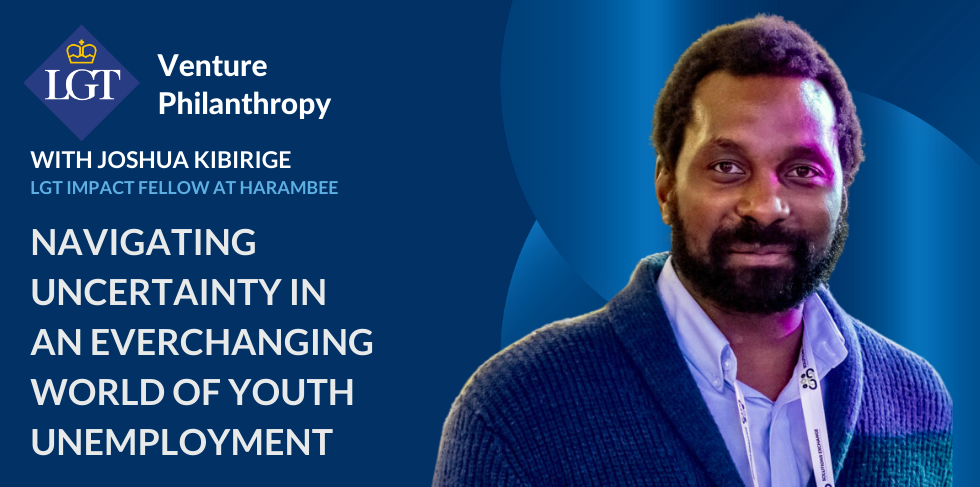Digitisation and technology are widely regarded as having the potential to spur economic growth, with opportunities for youth in digital jobs a key consideration. But South Africa is not producing the human capital needed to ride this wave. While there are a number of different private and public sector initiatives that have been undertaken to capitalise on this opportunity, there are a number of challenges that constrain the realisation of this digital dividend. Most notable is a Post-School Education and Training (PSET) system that is not producing digital skills in the numbers that are needed, and is characterised by a number of barriers that exclude many young South Africans. The experience of digitalisation and the ability to access its opportunities is thus uneven and runs the risk of creating a widening gap between a minority of ‘youth insiders’ who can seize these opportunities and a majority of ‘youth outsiders’ for whom the likelihood of being able to do so becomes increasingly smaller over time. To address this challenge, post-school skilling needs to change in five particular ways: skilling must be more demand-led, skilling outcomes must be achievable, accreditation must happen more quickly, access to the learning needs to be more open, and funding needs to be more agile.
Find the paper on page 145 of the bulletin below:







 Stay Connected
Stay Connected



